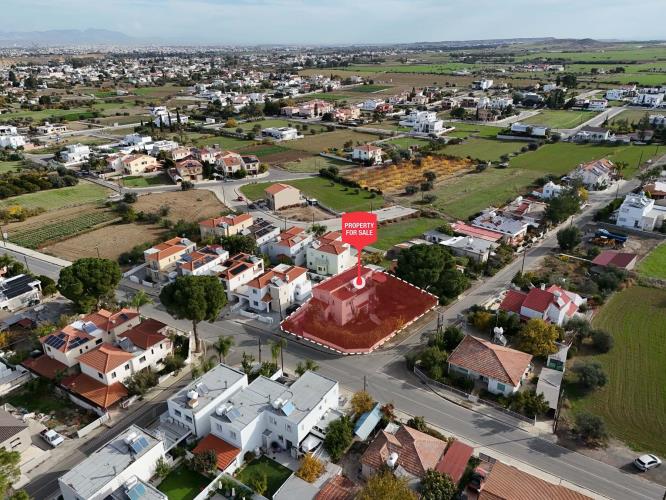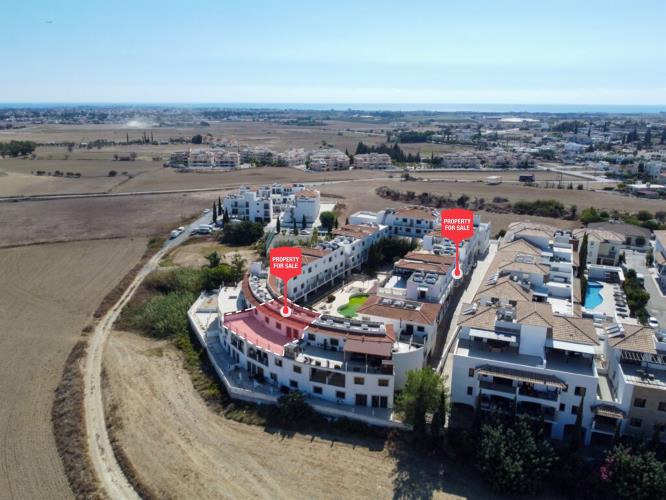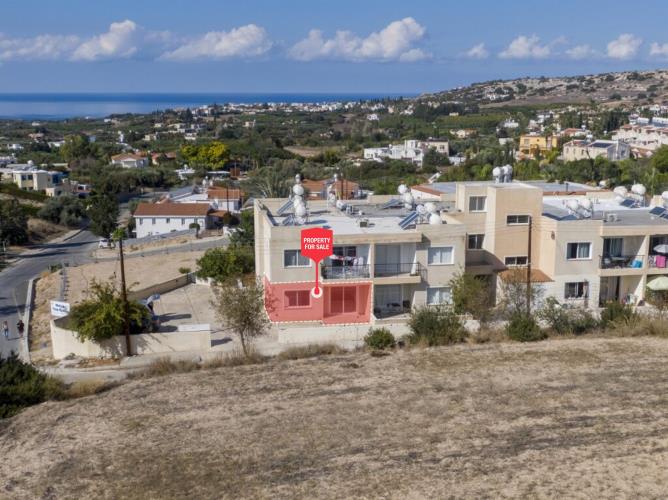By Yuri Bender, Editor-in-Chief, Professional Wealth Management, Financial Times, UK
Cyprus is changing and learning from past mistakes. The banking sector has halved in size while there are great hopes for the shipping and funds industries.
The eastern Mediterranean island of Cyprus suffered “sustained reputational damage” following its financial crisis of 2012 to 2013, but is now in recovery mode, believes the republic’s minister of finance, Harris Georgiades.
Following the mistakes of establishing the previous “outsize banking sector”, focused on attracting massive deposits from Russian clients, a re-orientation of the island’s financial services will work towards a more diversified economy, he says.
“The sector has adapted to new international norms,” says the minister, with the southern port city of Limassol now the EU’s premier shipping management centre, following the privatisation project led by investors from Germany and Dubai.
“This is a huge boost, and a contribution not only to the shipping industry, but a perfect example of a sector which would benefit the Cyprus economy as a whole.”
Shipping also acts as a huge fillip to the financial services required to service the vessel owners and managers, and will prosper particularly well in the case of the island’s reunification and the general climate of rapprochement with neighbouring Turkey, he says.
He also promises to boost resources available for the country’s financial regulator, known as CySEC, to lay the ground for a “credible legal framework” for a new regional funds marketing hub.
“All the elements for the development of a funds industry can be readily available,” says Mr Georgiades, although there must be an initiative from the private sector to attract a major player such as JP Morgan or State Street.
The island has learned valuable lessons after its banks were caught up in avoiding sanctions during the Yugoslav conflict of the 1990s, he says. “I do not think Cyprus was alone in having problems and shortcomings in the 1990s with sanctions, but we have been very open in acknowledging bank shortcomings and highlighting the need for full and unreserved compliance. This has been a clear policy line.”
Loopholes have been identified and closed, with the process then verified during audits by the IMF, Deloitte and the EU in a “very deep evaluation and assessment, which confirmed that Cyprus is now perfectly up to standard.”
The over-reliance on Russian customers is also a thing of the past, he claims. “Our banking sector became over-extended. On one hand, we had the influx of deposits on a very massive scale, which in turn fuelled a huge credit expansion. That is a model that is now behind us,” says the minister, with the banking sector having shrunk to half its previous size, with a much smaller dependence on offshore deposits.
“The economic benefit from the building of so high a level of foreign deposits was not very sustainable and was creating a burden on the financial sector,” he says.
The two largest Cypriot banks are now privately owned by US and European investors, which he says indicates the sector’s stability. “Russia remains an important trading partner for Cyprus, but that imbalance has now gone.”
Participants in future international expansion of financial services must have a physical presence on the island, he says, “with head offices, staff and economic benefit. This is aligned with our transformation of the business and financial sector as a whole.”
Fund managers using a Cyprus hub will have access to a dynamic market of 700m customers in the Mena and former Soviet region, according to Angelo Gregoriades, president of the Cyprus Investment Funds Association, speaking at the recent Cyprus Economic & Investment Summit in London.
For institutional investors, the island still has “distressed” status but can provide excellent returns in real estate –particularly marina and entertainment facilities – purchase of loan portfolios from banks and energy facilities.
“The bureaucracy is still there and has its challenges,” says Miltos Kambourides, managing partner of Dolphin Capital Partners. “But compared to the other countries we are invested in, like Greece, Croatia and Turkey, Cyprus is definitely better.”
Source: http://www.pwmnet.com/Financial-Centres/Recovering-Cyprus-believes-calmer-waters-lie-ahead?ct=true
















